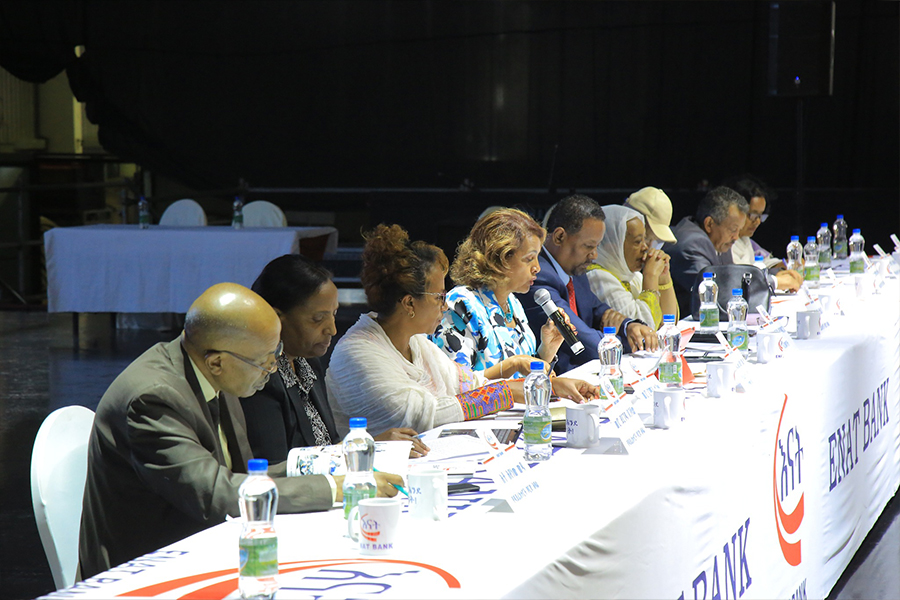
News Analysis | Mar 02,2024
Jun 21 , 2025
By Fernando A. Teixeira
The upcoming summit in Rio by BRICS+ countries will serve as a defining moment for promoting a cooperative model aligned with the aspirations of the Global South. As Brazil assumes the presidency during an era of global economic fragmentation, the focus is squarely on orchestrating coordinated efforts between the public and private sectors. In this commentary provided by Project Syndicate (PS), Fernando A. Teixeira, coordinator of public policy at the Brazilian Centre for Sustainable Finance (CeFiS), argued that the strategic mobilisation of resources can entice private investors.
Brazil's capital, Rio de Janeiro, will host the BRICS+ Summit of presidents and heads of state between July 6 and 7, 2025. With 10 current member states and many others seeking to join, the BRICS+ brings together countries with diverse political, cultural, and civilisational outlooks, but which share a commitment to promoting South-South cooperation and pursuing a more equitable, multipolar global order.
Such efforts are needed more than ever because climate-change mitigation and adaptation cannot be separated from socioeconomic development. From a production standpoint, responding to such a complex, multifaceted challenge requires integration into higher rungs of the value chain, through strategies underpinned by strong sustainability principles. In practice, that means adopting policies to incentivise energy-efficient production methods and expanding into higher-value-added industrial outputs.
But, industrial decarbonisation depends on knowledge-intensive sectors and technologies, and investments in these areas do not arise organically from market dynamics. They require political will, strategic planning, a risk appetite for long-duration projects, and – crucially – increased productivity through the more efficient use of natural resources. Such an agenda demands empowered states. It calls for a strategic mobilisation of public institutions that can operate with relative independence from fiscal constraints.
The BRICS+ should focus on identifying complementarities across strategic sectors and activities, enabling member states to drive innovation and strengthen their international competitiveness without undermining one another. Initiatives such as the Partnership for the New Industrial Revolution (PartNIR) represent important steps in this direction.
Moving beyond dialogue is essential. To translate commitments into concrete action, policymakers should engage a broader coalition of stakeholders, including companies, civil society, trade unions, and academia, to co-develop policies, guiding principles, and common standards. Creating shared value among businesses and communities not only strengthens relationships but also enhances the sustainability and reputation of those businesses.
This, in turn, enables greater public acceptance and reduces the potential for resistance or conflict.
Specifically, new investments could require labour safeguards such as fair working conditions, the prohibition of child and forced labour, and protection of freedom of association and collective bargaining rights, all by international agreements and national legislation. Safeguards promoting gender equality and the elimination of racial discrimination would support a more inclusive and comprehensive understanding of sustainability, informed by the perspectives of the Global South.
Finance is another critical pillar. Here, the discussion should be led by members' state-owned financial institutions, since these are best positioned to direct capital to strategic sectors and coordinate their efforts with private investors. BRICS+ countries already have dozens of public development banks and sovereign wealth funds with patient-investment (long-term) mandates, technical expertise, and demonstrable experience in supporting structural change and sustainable development initiatives. These institutions offer fertile ground for further cooperation, particularly through innovative financial instruments that could strengthen the role of the New Development Bank.
Importantly, public development banks and sovereign wealth funds should go beyond merely correcting market failures. They should serve as early-stage investors to catalyse the necessary structural transformation, including by attaching social and environmental conditionalities to their investment frameworks to influence private decisions across the value chain. For example, a company may be required to share its technology and knowledge in exchange for public financing. That is how the state can facilitate new markets and ensure that public support contributes to the development of more inclusive and sustainable economic models.
With clear short-, medium-, and long-term targets, such as the BRICS' goal of tripling renewable energy capacity by 2030, public programs to direct resources toward specific sectors would naturally enhance coordination. Each member state will need to adopt policies that target sectors ripe for productivity and efficiency enhancements. Input-output dynamics can be shaped through a number of channels, including effective demand, derisking mechanisms, reduced unit production costs, and measures to encourage private investment, including through public procurement.
The value chains for critical minerals and energy bio-inputs (such as sustainable aviation fuel) are two such sectors. Countries like Brazil have already made advances in these domains and are in a position to share some technologies and expertise in exchange for strategic financing.
An effective BRICS+ development agenda will require a coordinated mobilisation of resources and institutional efforts, with the state playing a central role in steering the overall strategy. More than a mere investor or financier, the public sector is uniquely positioned to anchor private expectations in an increasingly uncertain world. Brazil's BRICS+ presidency, which comes at a time of rising protectionism and global economic fragmentation, presents a historic opportunity to advance a model of cooperation that is attuned to the Global South's economic realities and development imperatives.
PUBLISHED ON
Jun 21,2025 [ VOL
26 , NO
1312]


News Analysis | Mar 02,2024

Radar | Jan 19,2024

Viewpoints | Nov 26,2022
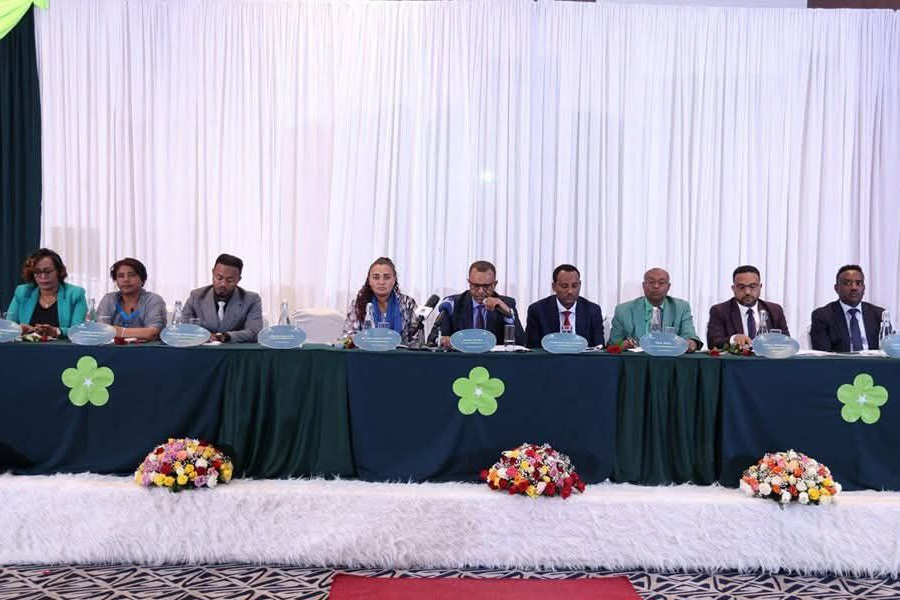
Radar | Dec 08,2024

Viewpoints | Jan 07,2024

Commentaries | Feb 04,2023

Delicate Number | Sep 28,2024
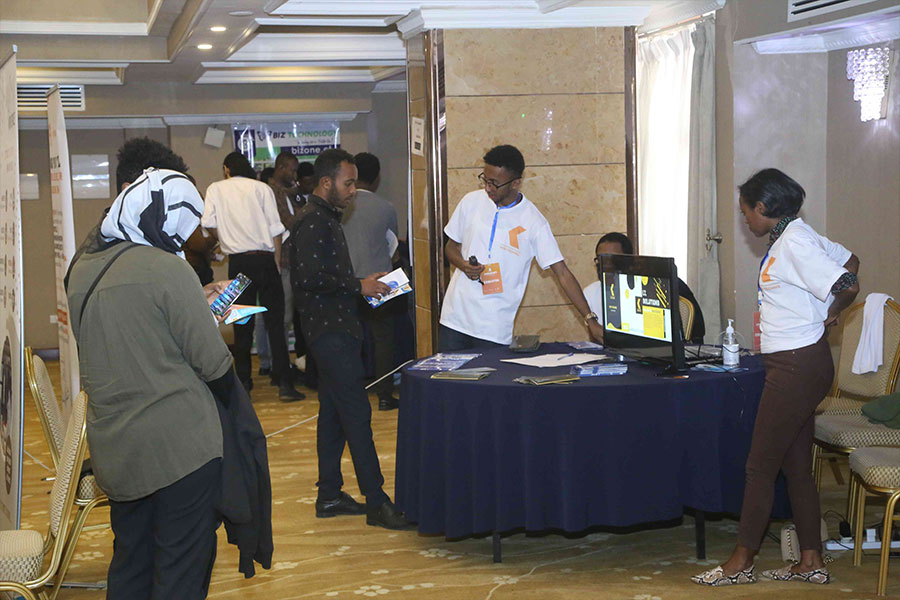
Radar | Jun 25,2022

Commentaries | Dec 07,2024
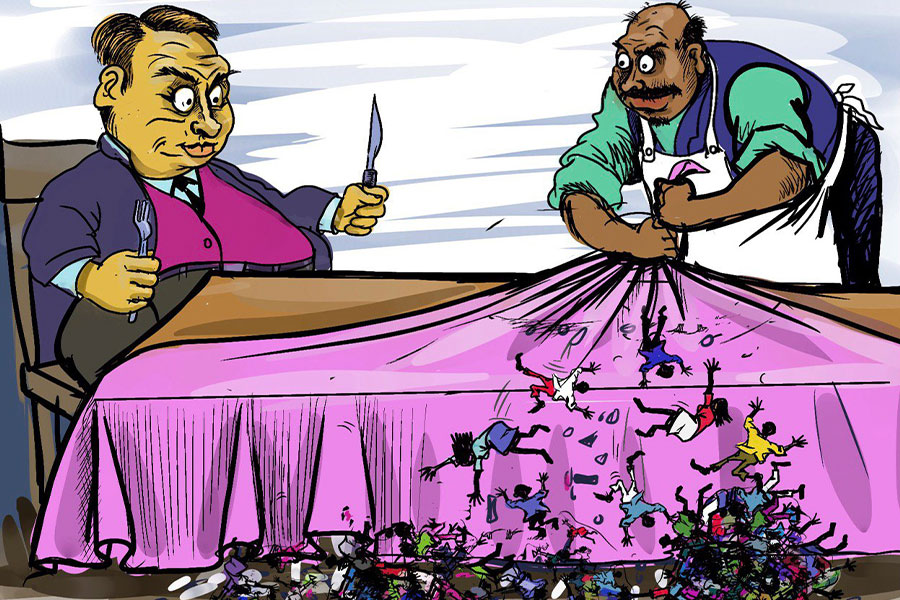
Editorial | May 31,2025

My Opinion | 130950 Views | Aug 14,2021

My Opinion | 127290 Views | Aug 21,2021

My Opinion | 125282 Views | Sep 10,2021

My Opinion | 122944 Views | Aug 07,2021



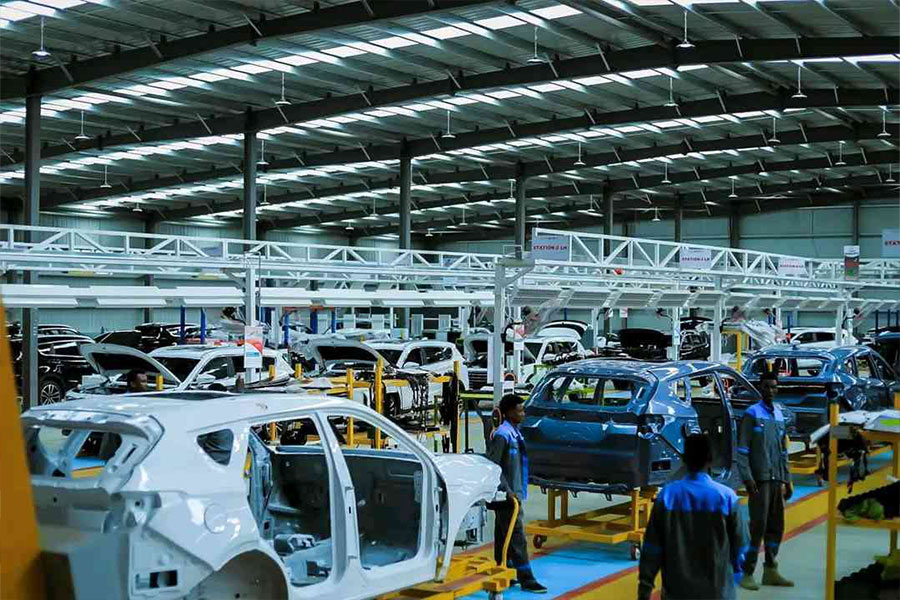

Dec 22 , 2024 . By TIZITA SHEWAFERAW
Charged with transforming colossal state-owned enterprises into modern and competitiv...

Aug 18 , 2024 . By AKSAH ITALO
Although predictable Yonas Zerihun's job in the ride-hailing service is not immune to...

Jul 28 , 2024 . By TIZITA SHEWAFERAW
Unhabitual, perhaps too many, Samuel Gebreyohannes, 38, used to occasionally enjoy a couple of beers at breakfast. However, he recently swit...

Jul 13 , 2024 . By AKSAH ITALO
Investors who rely on tractors, trucks, and field vehicles for commuting, transporting commodities, and f...

Jun 21 , 2025
A well-worn adage says, “Budget is not destiny, but it is direction.” Examining t...

Jun 14 , 2025
Yet again, the Horn of Africa is bracing for trouble. A region already frayed by wars...

Jun 7 , 2025
Few promises shine brighter in Addis Abeba than the pledge of a roof for every family...

May 31 , 2025
It is seldom flattering to be bracketed with North Korea and Myanmar. Ironically, Eth...

Jun 21 , 2025
In a landmark move to promote gender equity in the banking industry, the National Bank of Ethiopia (NBE) has released its inaugural Gender F...

Jun 21 , 2025 . By BEZAWIT HULUAGER
Officials of the Ministry of Urban & Infrastructure have tabled a draft regulation they believe will...

Jun 21 , 2025 . By AMANUEL BEKELE
A sudden ban on the importation of semi-knockdown and completely knockdown kits for gasoline-powered vehi...
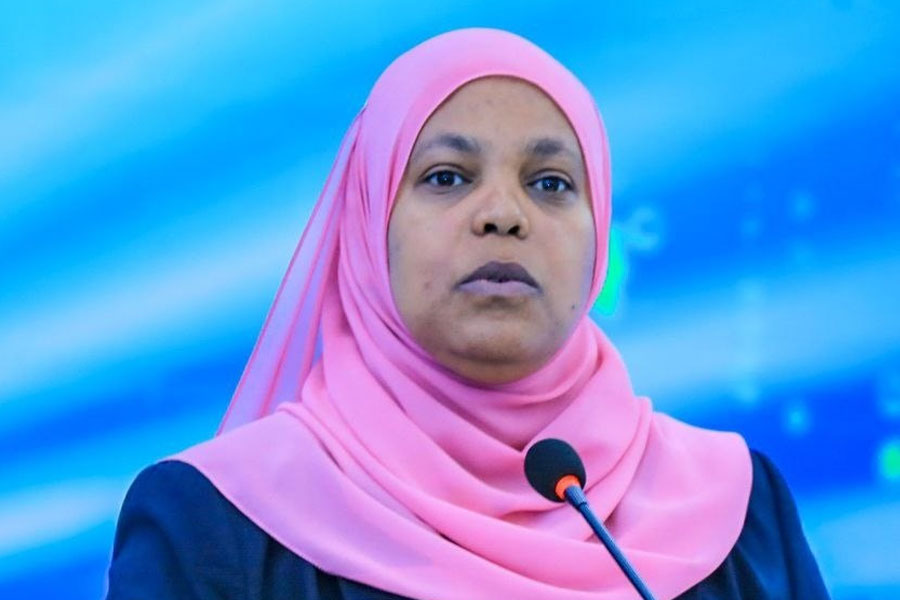
Jun 21 , 2025 . By RUTH BERHANU
Mufariat Kamil, minister of Labour & Skills (MoLS), is rewriting the rules on overseas work, hoping t...